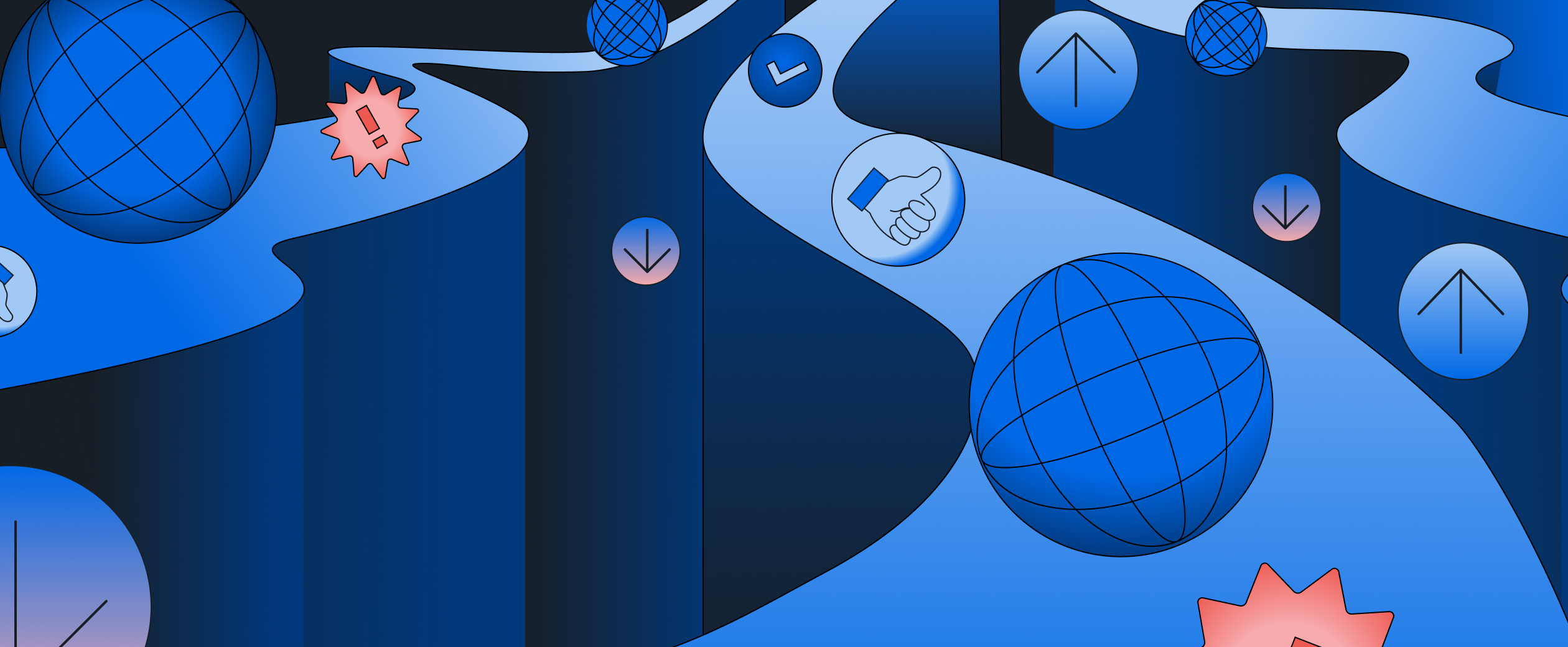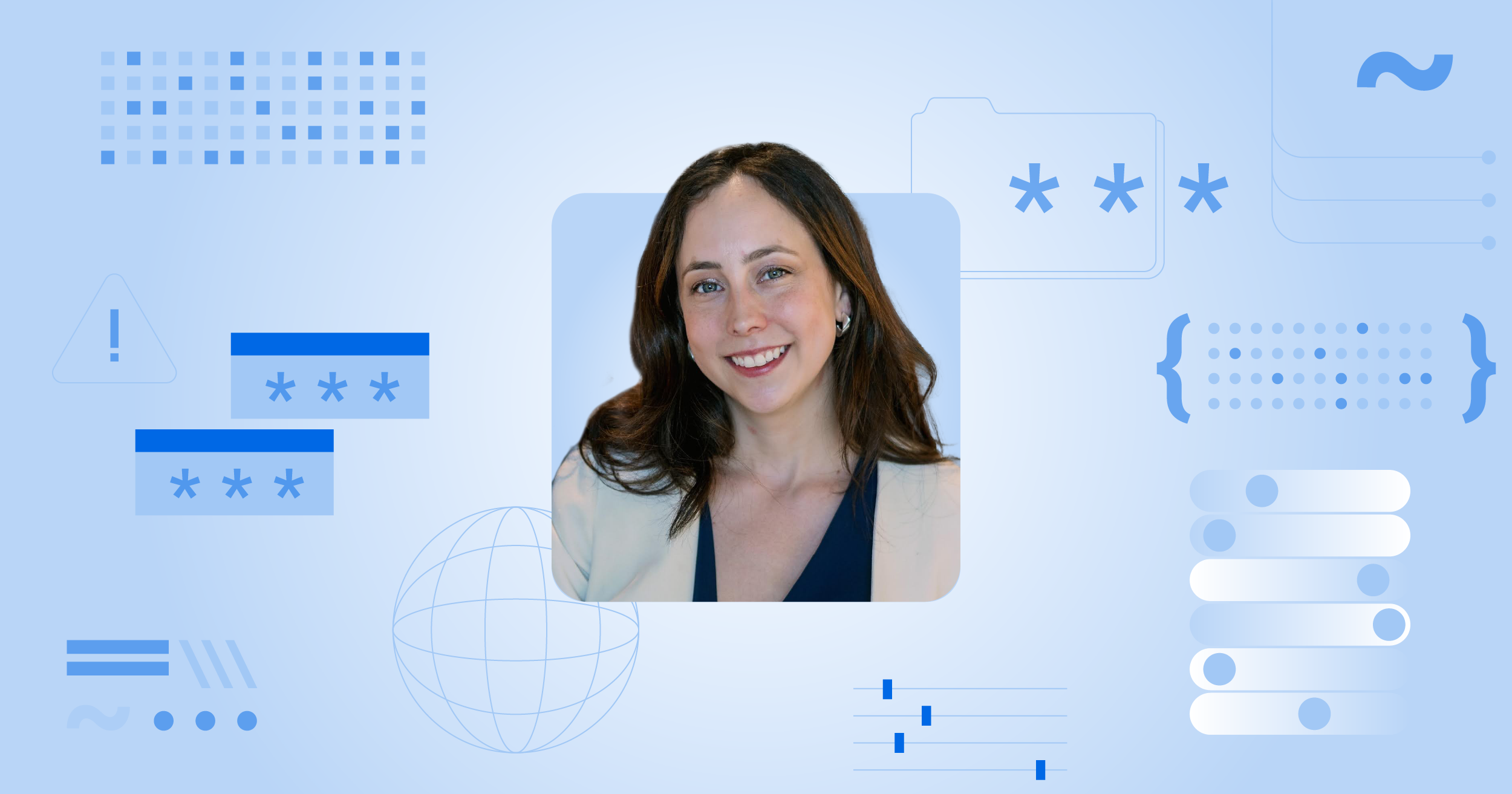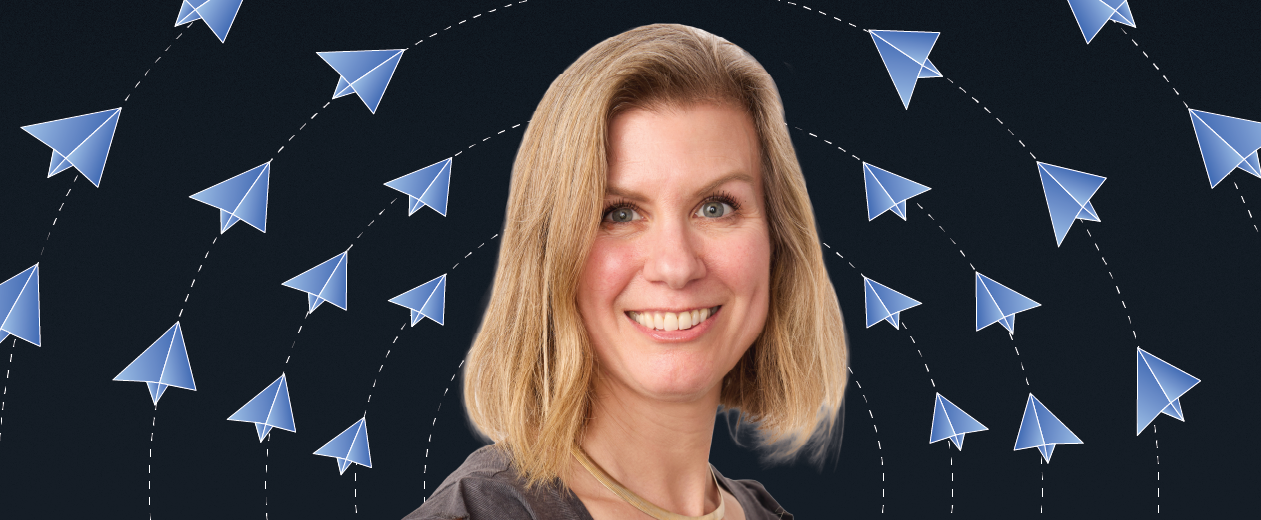
February 26, 2026
February 26, 2026

Reading time
October 29, 2025
October 15, 2025

In a digital landscape where cybersecurity threats continue to evolve at an accelerated pace, Cloudflare stands as a critical guardian of internet infrastructure, protecting approximately 20% of all websites. As Senior Director of Public Relations at Cloudflare, Leigh Ann Acosta manages the complex communications challenges that arise when your company serves as both shield and witness to the internet's most significant security battles. She and I worked together when she worked at Mission North before she left to join Reddit and then Cloudflare, where comms around policy, geopolitics, and emerging tech have been a core part of her job.
Cloudflare blocked an average of 190 billion cyber threats per day in the last quarter alone – a 20% increase from the prior quarter. We’re also blocking more attacks on AI chatbots and image-generation sites especially — over 197 billion threats in the past year. It shouldn’t come as a surprise that cybercriminals are targeting all of these new AI applications. However, many of the security teams we talk to are struggling to keep pace with the rapid speed of innovation. That’s where I see communications coming in. We have an opportunity and a responsibility to help people — everyday internet users and big businesses alike — better understand the threat landscape so they can make good decisions about their own security.
The regulatory conversations around data sovereignty aren't new, but they're definitely more visible now. Building a secure and privacy-respecting internet is part of our DNA, and that doesn't shift based on new administrations or regulatory discussions. We're always thinking about what we can do as a company and industry to advocate for an internet that remains secure and private 10 to 15 years from now.
There's also a real opportunity to be an educational resource. Policymakers don't always fully understand the technology, and when people don't understand it, we risk getting regulations that don't match their intent. That's where we can bring the expertise of our teams, our researchers, and our industry peers to ensure global policy conversations are shaped with knowledge and nuance from people who are deep in the trenches of the technology.
We've worked with every administration, but we also work closely with industry peers and partners. There are really two workflows: working with administrations on their shifting priorities, and the piece that doesn't have to ebb and flow — we work with others in the industry to advocate for best practices and secure infrastructure.
No matter what administration is in place, there's always a lot any company can do to protect our nation's businesses and infrastructure. We have impact initiatives that provide free cybersecurity protections for organizations that need it but don't have access, such as state and local governments with one-person IT teams. We're not the only company doing this, and we actually advocate for other free resources too, because smaller, more vulnerable organizations often don't know these resources exist. As an industry, we're pretty good at supporting these organizations before they get hit with outsized attacks.
Cloudflare's mission is to help build a better internet — that's what drew me to it. And five years later, my interest in that mission is even greater. I'd spent years working with different tech companies that played varying roles in the internet ecosystem, but Cloudflare offered something unique for me as a communicator because of the scale and reach of its vision.
Not everyone knew of Cloudflare five years ago when I started, but nearly everyone uses a website or app every day that either runs on, or is protected by, Cloudflare. The level of responsibility to secure and protect those applications, and to block attacks is really significant, and makes the communications role here incredibly meaningful.
We recently announced something even more exciting. Now, we’re helping website owners block any AI crawler from scraping their content without permission. The internet runs on original content, and creators deserve to receive compensation or recognition. This used to be through traffic and ad revenue, but AI has changed the game. In today’s landscape, our mission to help build a better internet means helping encourage AI innovation without losing the expertise, creativity, and depth of quality content. This has been one of my favorite stories to tell at Cloudflare, because it deeply impacts all of us.
We focus on two things. First, we speak in human terms. AI has a lot of buzzwords that sound like marketing speak, so we try to talk about AI the way you would at the dinner table with friends. Second, we back up the talk with action. Beyond protecting content creators, we're showing people where AI and AI agents are going right now.
We spend a lot of time hosting demo days and creating videos showing how people are setting up remote Model Context Protocol (MCP) servers with Anthropic and Cloudflare, for instance. Everything we're saying gets backed up by tangible technology that people can learn from and actually implement that day, not maybe in a year from now.

February 24, 2026
February 24, 2026

February 25, 2026
February 13, 2026